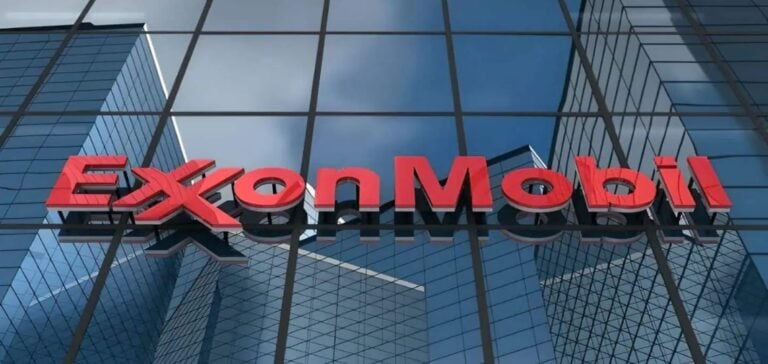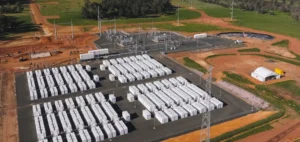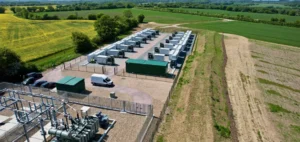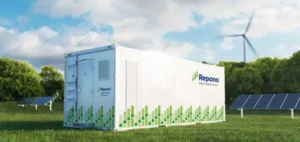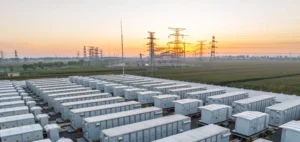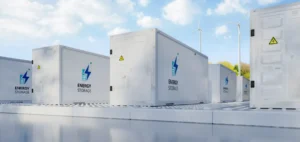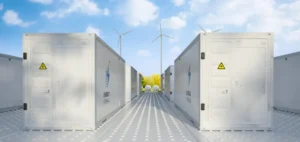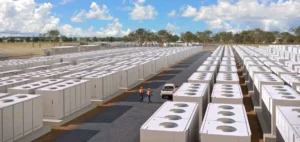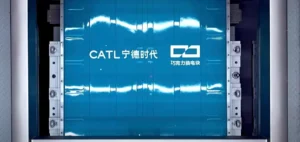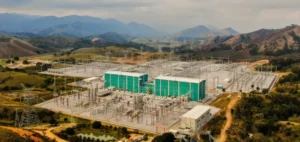Lithium, essential for the production of batteries for electric vehicles, is at the heart of the global energy transition. Within the “lithium triangle” formed by Chile, Argentina, and Bolivia, these three countries together hold 60% of the world’s lithium resources, according to the United States Geological Survey (USGS). However, Bolivia lags far behind its neighbors in terms of production and exploitation.
In 2023, Bolivia produced only 948 tons of lithium, a fraction of Argentina’s and Chile’s production. By comparison, Chile produced 46 times more lithium during the same year, ranking as the second-largest producer worldwide after Australia. These disparities are primarily due to specific geological and climatic constraints at the Uyuni salt flats, where conditions for efficient lithium extraction are far less favorable.
Technical Challenges of Uyuni
The Uyuni salt flats, located at 3,600 meters above sea level, are Bolivia’s largest known lithium reserve. Unlike the Atacama salt flats in Chile, exploitable layers in Uyuni are limited to a depth of 11 meters, beyond which the soil becomes too compact. Additionally, frequent rainfall hinders the evaporation necessary for traditional brine extraction methods in open ponds.
These difficulties have driven Bolivia to explore new technologies, such as direct lithium extraction (DLE), which is less dependent on natural conditions. Recently, two contracts were signed: one with Uranium One, a Russian company, and another with a subsidiary of the Chinese group CATL, for plants capable of producing up to 49,000 tons of lithium per year. However, these projects remain uncertain as they still require parliamentary approval.
Institutional and Regulatory Barriers
Administrative delays and the lack of clear regulations governing the lithium industry also slow Bolivia’s progress in this sector. Although legislative proposals have been on the table for two years, they have yet to be debated. These institutional gaps complicate the implementation of new projects.
Furthermore, production costs remain a major obstacle. At the Uyuni salt flats, costs range from $4,000 to $8,000 per ton, compared to just $2,500 to $4,000 in Chile. This discrepancy stems from the investments required to address technical challenges and infrastructure constraints.
A Distant Opportunity
According to some experts, Bolivia’s prospects in the lithium sector remain uncertain. Gustavo Lagos, a professor at Chile’s Catholic University, believes the country could become a significant player within two to three decades, provided it overcomes its technical and institutional challenges.
Although the Bolivian government claims to hold 23 million tons of lithium resources, it is still unclear what proportion can actually be extracted. A study annexed to the contract signed with Uranium One reveals that only 10% of these resources may be exploitable.
For now, Bolivia seems to excel more in communication than in industrial exploitation. After 15 years of ambitious announcements, the expectations it has raised have yet to materialize.

